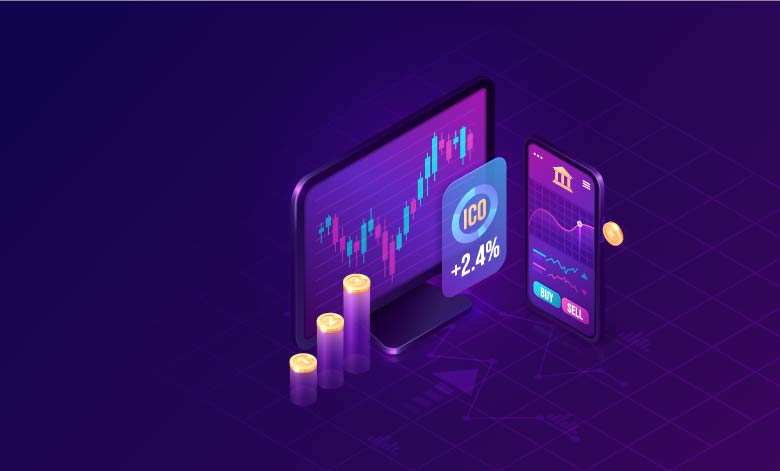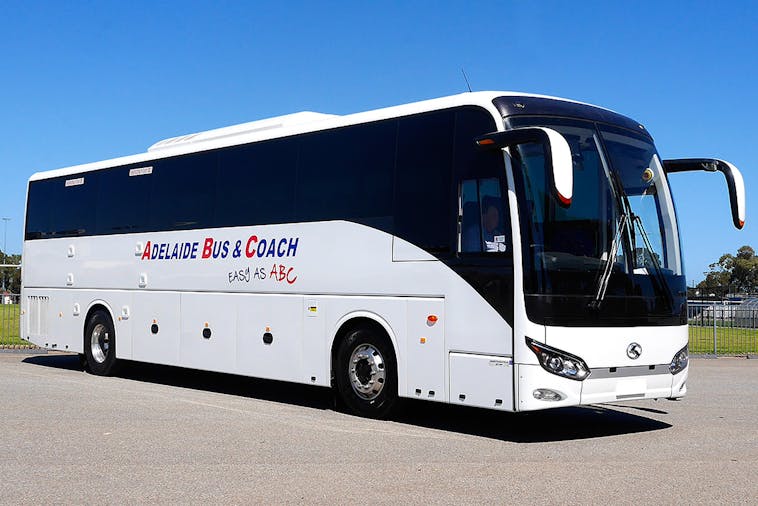Starting in forex can feel exciting and overwhelming. Charts move fast. Spreads change. Platforms look complex. In the middle of all this, one choice matters most: the broker you use. A broker is your link to the market. They hold your funds, process trades, and provide tools. Choosing wrong can drain money or block growth. Choosing right can give you safety, fair costs, and a better chance to learn. Here’s what every new trader should know before picking the best forex broker.
Start With Regulation
Regulation is the foundation of trust. A regulated broker follows rules set by a financial authority. These rules force brokers to separate client money from company funds. They also limit unfair practices like manipulating prices. For a new trader, this matters. Without regulation, your funds can disappear without warning. Always check who regulates the forex broker and how strong that authority is.
Protecting Your Funds
When you open an account, your deposits should be placed in segregated accounts. This means the broker cannot use your money to pay business expenses. Some regulators also require protection schemes that repay clients if the broker fails. New traders often focus on spreads or bonuses but forget about safety. Fund protection should come first. You cannot trade if your money is at risk.
Understand Trading Costs
Every trade has a cost. Brokers earn from spreads, commissions, or both. Spreads are the difference between buy and sell prices. Commissions are extra fees per trade. Swap rates apply if you hold positions overnight. A broker must be clear about all these. As a beginner, start by comparing spreads and checking if commissions apply. Also, look at swap rates if you plan to hold trades for days. Hidden costs add up quickly.
Execution Speed Matters
Price moves fast in forex. A delay of one second can change results. Brokers must process orders quickly and fairly. Some offer instant execution, others use market execution. Both have pros and cons. For beginners, what matters most is honesty. A regulated broker will state how orders are handled and review performance regularly. Test execution with a demo before risking real money.
Check for Negative Balance Protection
Forex uses borrowed money to control larger positions. This increases gains but also increases losses. Sometimes, a sudden move can wipe your account. Without protection, you might even owe money. Many regulators now require negative balance protection. This stops your losses at zero. For new traders, this feature is a must. It keeps mistakes from turning into debt.
Test Deposits and Withdrawals
Your broker must let you move money in and out with ease. Look at deposit methods, withdrawal times, and fees. Before sending large sums, test with a small deposit. Trade a little, then withdraw. If the funds return smoothly, you can trust the process. If delays or excuses appear, avoid that broker. Fast, clear withdrawals are a sign of a reliable broker.
Platform and Tools
The platform is where you live as a trader. It should be stable, easy to use, and packed with useful tools. Beginners need clear charts, simple order buttons, and maybe some built-in indicators. Advanced features like coding or backtesting can wait. Start with a platform that lets you place trades without confusion. You can grow into complex tools later.
Education and Support
Good brokers support learning. They provide tutorials, guides, webinars, and demo accounts. These help you understand risk and practice without danger. Customer support also matters. Problems happen—platform freezes, deposits stuck, orders unclear. A helpful support team can save you stress and money. Before picking a broker, send questions to their support and check how fast and clear they reply.
Reputation Counts
Other traders’ experiences can warn you. Look for reviews, forums, and honest feedback. Be careful though—some reviews are fake. Focus on repeated patterns. If many traders complain about blocked withdrawals, take it seriously. Reputation builds over time. A broker that has served many traders well is more trustworthy than one with no track record.
Think About Your Style
Not all traders work the same way. Some open many trades each day. Others hold positions for weeks. Your style affects what broker fits you best.
- Day traders need tight spreads and fast execution.
- Swing traders need fair swap rates and good charting tools.
- Long-term traders need strong regulation and safe fund storage.
- Algorithmic traders need stable servers and coding support.
Pick a broker that matches your style. If you don’t know your style yet, start small and flexible.
Avoid Bonus Traps
Some brokers lure beginners with big deposit bonuses. These offers sound good but often hide rules. You may need to trade huge volumes before you can withdraw. This pushes beginners to overtrade and lose. Real safety comes from fair conditions, not bonuses. If a broker uses offers to hide weak regulation or bad service, walk away.
Ask the Right Questions
Before opening an account, ask:
- Who regulates you?
- How do you protect client funds?
- What are your spreads, commissions, and swap rates?
- Do you offer negative balance protection?
- How can I withdraw and how long does it take?
- What platform do you provide?
- Is support available in my time zone?
Clear answers show honesty. Vague replies are red flags.
Test With Small Steps
Don’t send all your money at once. Start with a small deposit. Place a few trades. Request a withdrawal. Watch how the broker responds. If everything works, you can add more funds. If problems appear, you’ve only risked a little. This step protects you from learning expensive lessons.
Keep Records
Always save emails, statements, and receipts. Track deposits and withdrawals. Note the spreads and swaps you paid. These records help if a dispute arises. Regulators often need proof before acting. Records also help you see if costs match what the broker promised.
Red Flags to Avoid
Stay away from brokers that:
- Refuse to show regulation
- Offer profits that sound guaranteed
- Delay or block withdrawals
- Change fees without notice
- Avoid questions about fund safety
These are warning signs of unsafe brokers. New traders should be extra careful.
Learn With a Demo First
Almost every broker offers a demo account. Use it. Practice placing trades. Learn the platform. Test strategies. Demos use fake money, so you can make mistakes safely. Once you feel ready, move to a live account with small amounts. Never skip the demo step.
Balance Safety With Growth
Every beginner wants quick profit. But survival matters more than speed. Pick a broker that protects your money, teaches you, and gives fair tools. As you grow, you can look for advanced features. But early on, safety and honesty matter most.
Common Mistakes New Traders Make
- Picking the first broker they see
- Choosing based on big bonuses
- Ignoring regulation
- Sending all funds at once
- Trading live without practice
Avoid these mistakes and your first steps will be safer.
Build Confidence Slowly
Confidence grows with time and experience. As you trade, you’ll learn how your broker works. You’ll learn which tools you need and which you don’t. Start small, build trust, and expand when ready. The best forex broker for you is one that proves reliable every step of the way.
Final Thoughts
New traders have many choices, but not all are safe. Before you open an account, focus on regulation, fund protection, fair costs, and easy withdrawals. Test with small amounts, use demos, and ask questions. Avoid bonus traps and shady promises. Your broker should support your growth, not block it. Picking the best forex broker is not about fancy ads. It’s about trust, safety, and a fair chance to learn. Get those right, and you give yourself a strong start in forex trading.




